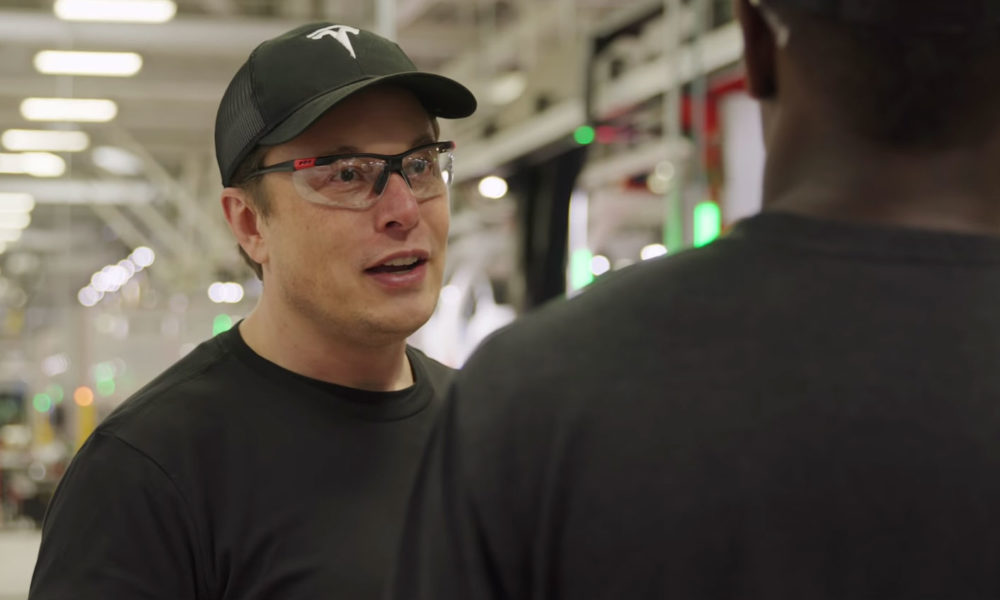Tesla shares have been on a steady rise, up nearly 20 percent in the past month, showcasing the resilience of the only trillion-dollar automaker in attracting new sectors to disrupt. Morgan Stanley’s Adam Jonas recently delved into some intriguing discussions about Tesla’s potential in the eVTOL industry, despite CEO Elon Musk’s somewhat non-committal response.
In a recent note, Jonas raised questions about whether Tesla could venture into aviation and defense technologies, given Musk’s focus on vehicle autonomy, AI, and robotics. While Musk hasn’t completely ruled out the possibility of developing planes or drones, it seems that his primary focus lies elsewhere.
Tesla’s expertise in manufacturing, data collection, robotics, and energy is seen as crucial in keeping the US competitive with Chinese companies, particularly in the realm of embodied AI. Chinese companies have been making strides in tech innovation, with recent showcases of robots engaging in various competitions, prompting Jonas to suggest that Tesla could lead a US version of such events, dubbed the “Humanoid Ninja Warrior.”
As Tesla gears up to launch more affordable EV models before the end of Q2, pricing remains a key concern, especially with the impending expiration of the $7,500 tax credit by the end of 2024. Chinese companies have been able to offer aggressively priced models, like the BYD Seagull priced at around $8,000, posing a challenge for Tesla to tap into a broader market with pricing possibly below $30,000.
During the Q3 2024 Earnings Call, Musk hinted at a $30,000 price point with incentives, underscoring the significance of hitting this threshold for Tesla’s affordable models. The race for affordable EVs, advancements in robotics, and Tesla’s unique position in the tech landscape all point towards a future where the automaker continues to disrupt and innovate across various sectors.

